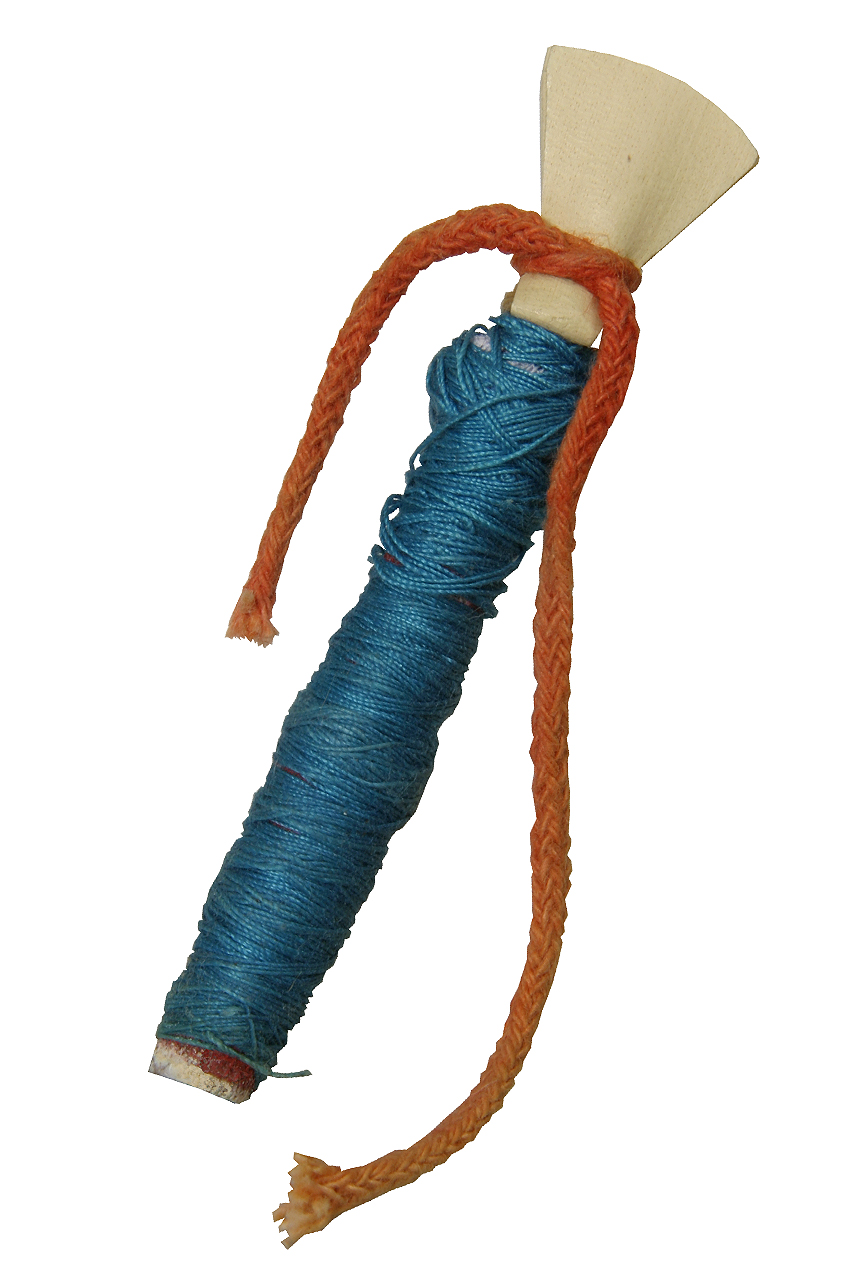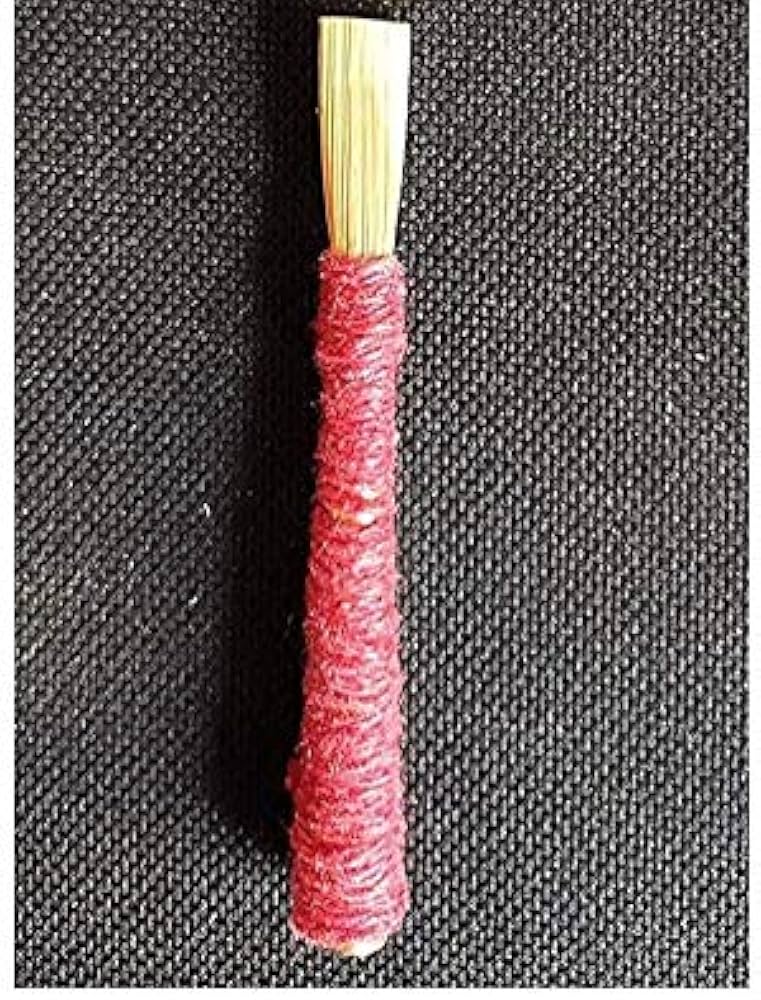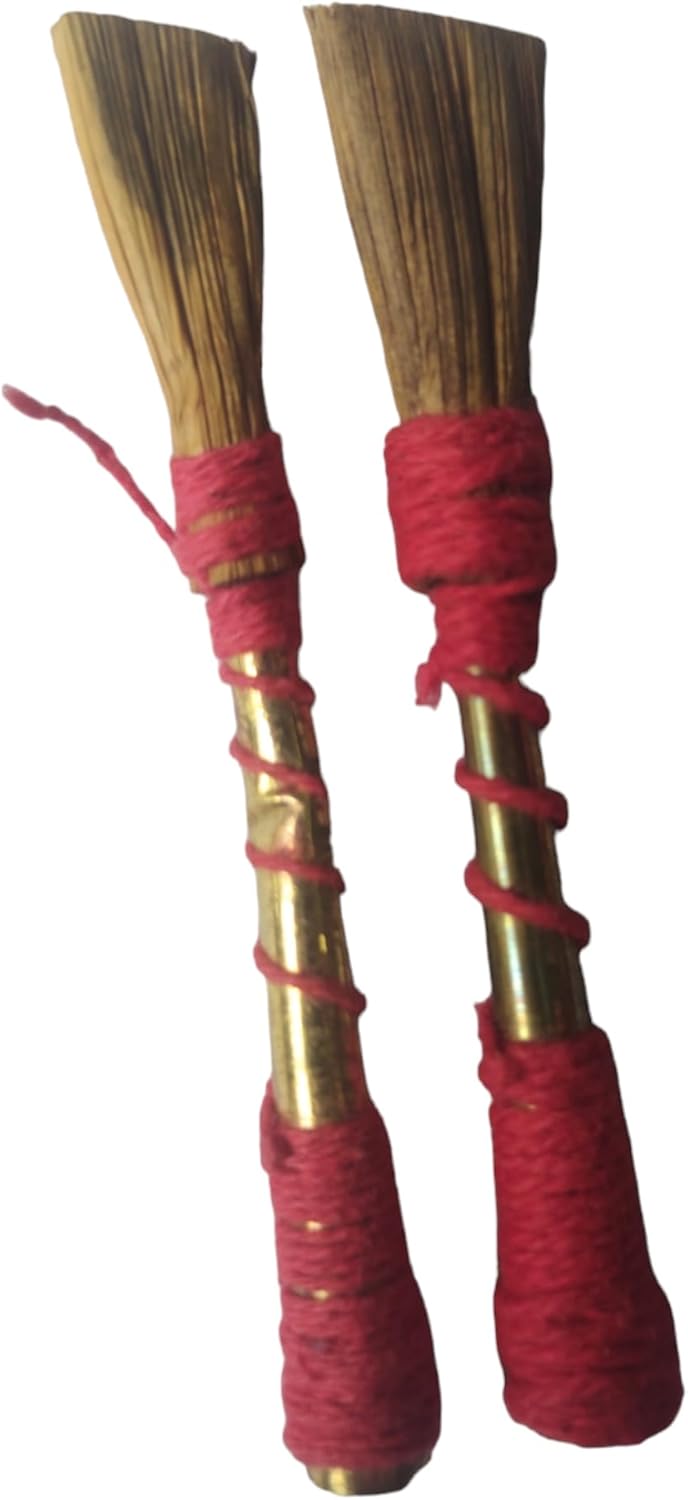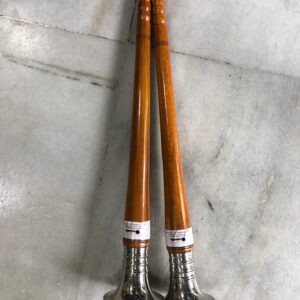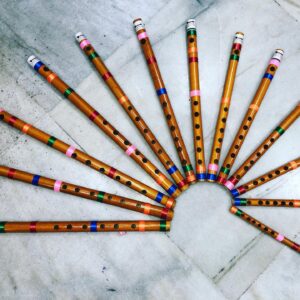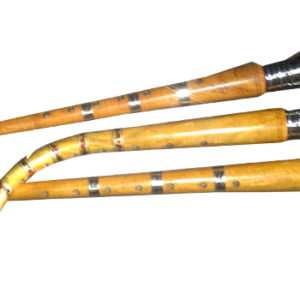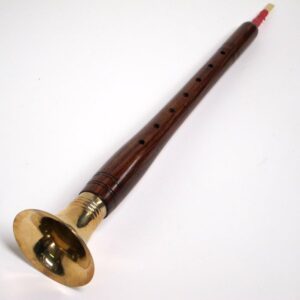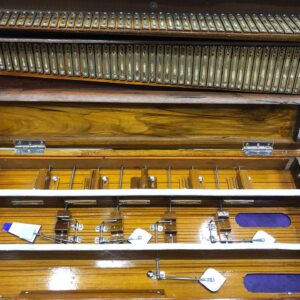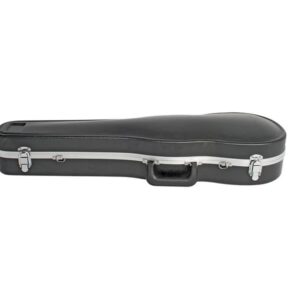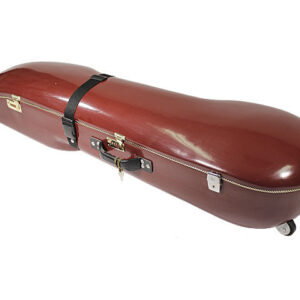Description
Shehnai Reeds -3 Pcs
Special Features:
Nice quality.
Delivery Time: 7-10 Working Days after Successful Payment.
For More information SMS 5800SR Name Email Country and Send to +919830066661
N.B: All prices are inclusive of Shipping (International Air Mode)/ Packing/ Tax/ Insurance. No hidden cost. Read our Terms & Conditions, Privacy Policy and Shipping Policy.
In The Box: Shehnai Reeds -3 Pcs
History (Wikipedia):
From where we get Shehnai- Small history below:
Our knowledge about the Shehnai is from Wikipedia. As per Wikipedia, we shared this small history to let our customers know about the instrument history. Musicians create the shehnai, a type of oboe from the Indian subcontinent. Additionally, artisans make it of wood, with a double reed at one end and a metal or wooden flared bell at the other end. Notably, royal courts featured it as one of the nine instruments. Furthermore, the shehnai resembles South India’s nadaswaram. Moreover, this tubular instrument gradually broadens towards the lower end.
Typically, it usually has between six and nine holes. In addition, it employs one set of quadruple reeds, making it a quadruple reed woodwind. To master the instrument, therefore, musicians must employ various and intricate embouchure and fingering techniques. The shehnai has a range of two octaves, from the A below middle C to the A one line above the treble clef (A3 to A5 in scientific pitch notation). In general, artisans often, but not always, make a shehnai with a body of wood or bamboo and a flared metal end.
Historians think, for instance, that the Mughal Empire brought the shehnai, as its use was most associated with the Mughal courts. Moreover, its sound closely resembles the trumpet known as “doira” in modern-day Ferghana Valley in Uzbekistan, which was, in fact, the ancestral homeland of the Mughals. Additionally, musicians developed the adaptation by improving upon the pungi (a woodwind folk instrument used primarily for snake charming). This provides a basic history of the instrument.
